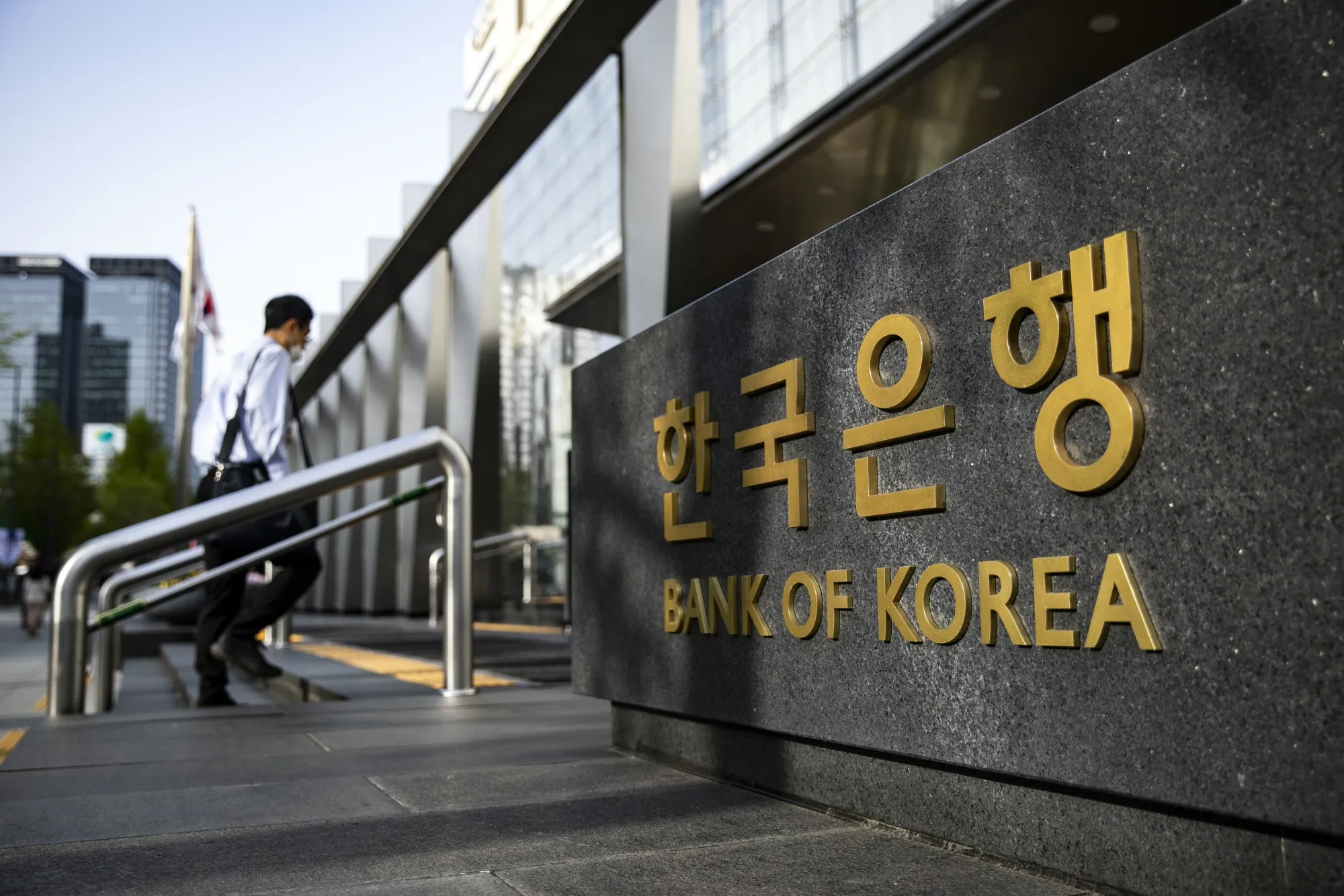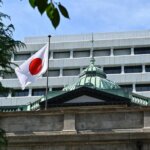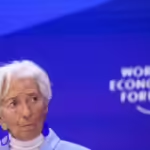After maintaining its benchmark interest rate for almost two years, the Bank of Korea (BOK) has made its first rate cut since 2020. The central bank reduced rates by 25 basis points, bringing the benchmark down to 3.25%. The move follows a period of rate hikes that began in August 2021 in response to rising inflation.
The decision to cut rates comes on the heels of South Korea’s inflation falling to 1.6% in September, its lowest in over three years and well below the BOK’s target of 2%. The BOK cited the stabilization of inflation, a slowdown in household debt growth, and eased risks in the foreign exchange market as factors influencing the decision.
In its statement, the BOK acknowledged that the restrictive monetary policy could now be moderately relaxed to assess its impact moving forward. The central bank had raised rates by 300 basis points over 16 months, peaking at 3.5% in January 2023, when inflation had surged to 6.3%.
The long-awaited rate cut was anticipated by many economists, including Morgan Stanley’s chief Korea economist Kathleen Oh, who highlighted that the fading housing demand allowed for a more dovish approach by BOK members.
This rate cut marks a pivotal shift for South Korea’s economic policy as the central bank continues to balance inflation control with economic growth.





